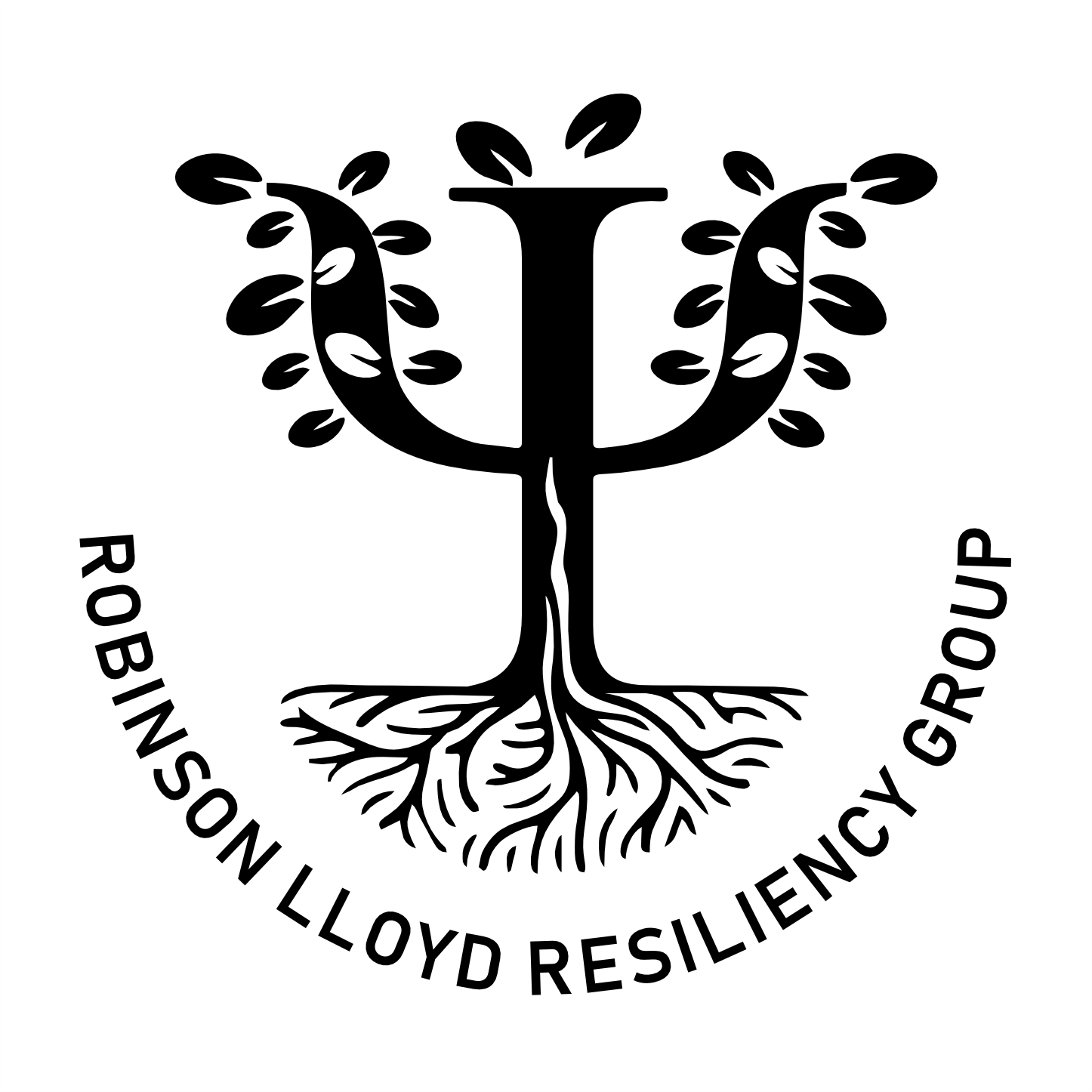How to Identify Student “Holiday Blues,” Teacher Burnout and Proven Ways to Cope Better.
“I don’t know what it is, but every winter, I just feel so sad, I can’t get out of bed, and it takes an extra effort to get going – to get anything going. Worst yet, my grades take a hit,” shared Jerry.
This winter season, we had a plan to put to the test – to increase Jerry’s self-care for this season, build his energy levels with diet and water intake, monitor sleep/wake cycles, complete urgent assignments by breaking them into smaller manageable chunks and spot the week with something fun. Jerry also learned to welcome the sadness – to see the lesson in it, mindfully observe it without fear or judgment, understand it just was a friend.
Each week, we share insights related to student resiliency tools. This week, you will learn how to identify the “holiday blues” in students, teacher burnout and scientifically proven ways to build resilience among both students and teachers.
The holiday season is often associated with joy and celebration, but for some students, it can be a challenging time marked by the “holiday blues.” Identifying signs of holiday blues in students is crucial for providing support and fostering a positive learning environment. Common indicators include changes in behavior, such as increased irritability, social withdrawal, or a decline in academic performance.
Students experiencing holiday blues may exhibit physical symptoms like changes in sleep patterns or appetite. Observing these signs and maintaining open communication with students can help educators and parents offer necessary support during this potentially difficult time. Creating a compassionate and understanding atmosphere within educational institutions is essential for addressing and mitigating holiday blues in students.
Furthermore, recognizing signs of teacher burnout is essential for maintaining a healthy and productive educational environment. Be sure to pay attention to changes in a teacher’s demeanor and behavior. If a once enthusiastic and engaged educator becomes consistently irritable, exhibits a lack of motivation, or seems emotionally exhausted, these could be signs of burnout.
Additionally, observe any decline in the quality of their work, such as a decrease in lesson preparation, less effective classroom management, or a waning interest in professional development. By being attuned to these signs and fostering a supportive work environment, educational institutions can address teacher burnout proactively, ensuring the well-being of both educators and students.
Scientifically proven strategies for building resilience and enjoying any season involve cultivating positive habits and mindset. Engaging in regular physical exercise has been linked to improved mental well-being and resilience as it helps reduce stress hormones and promotes the release of endorphins.
Additionally, practicing mindfulness through activities like meditation or yoga can enhance emotional regulation and increase overall resilience. Furthermore, maintaining a strong social support system is crucial.
Meaningful connections with friends, family, or colleagues provide a buffer against stress and contribute to emotional well-being. Research indicates that individuals with robust social networks are better equipped to navigate challenges.
Lastly, adopting a growth mindset, where challenges are viewed as opportunities for learning and personal development, fosters resilience. This mindset shift encourages individuals to focus on solutions rather than problems, contributing to a more positive and adaptive outlook.
Incorporating these evidence-based strategies into daily life can enhance resilience, allowing individuals to navigate the ups and downs of any season with a greater sense of well-being and enjoyment. We use the cognitive conceptualization in our Resilient Stars Coaching process to help students build five core life skills – self-awareness, tenacity, attention, retention and strategic planning. To learn more about our curriculum and its benefit to your school, simply contact us.

